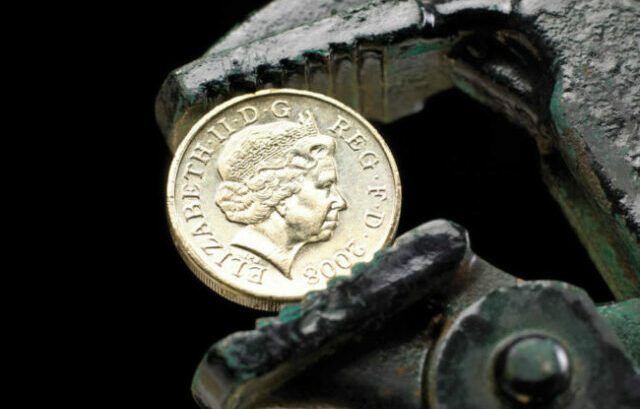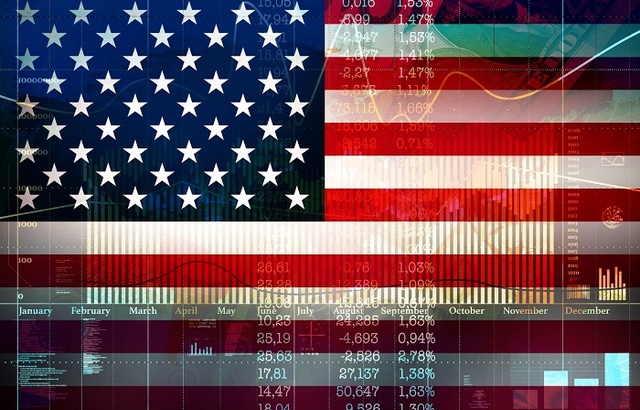Asset-backed securities an added ‘cushion’ against inflation
As yields on offer are higher than corporate bonds of the same risk, says fund manager

As yields on offer are higher than corporate bonds of the same risk, says fund manager

Index-linked products ‘could prove to be a particularly popular recommendation’

There is a ‘growing sense of caution’ when researching investment options for clients

It is ‘proving to be a bit more persistent and higher than many expected’

As inflation surpasses 5% mark for the first time in a decade

‘BoE may have no choice but to raise rates, which could be bad for the bond market in the short term’

But 3.1% uplift in the 2022-23 financial year ‘may fall short’ of cost of living rises

After inflation hits record 3.2% in August

Rising inflation and interest rates are keeping investors on the fence

They have a history of ‘helping portfolios’ when markets are ‘challenging for stocks and bonds’

There are two potential spanners that could be thrown into the works

‘Government bonds, in theory a port in a storm, have provided no shelter’